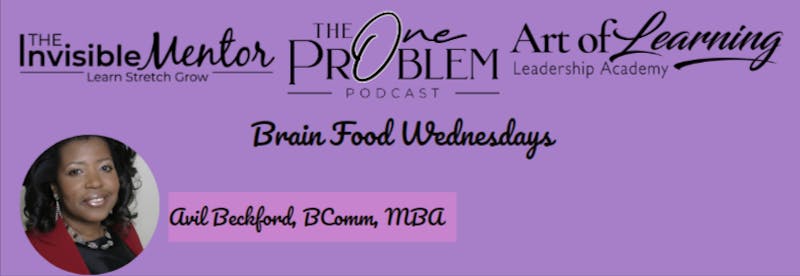Your cart is currently empty!
Brain Food Wednesday: What Does It Mean to Read Like a Leader?

Dear Reader,
In this week’s newsletter, the 140th issue, I’m writing about how to read like a leader. When luminaries like Elon Musk and Mark Cuban want to find answers, or want to learn something, they go to books to find the answers. And this is what many other successful people do. If you do a search online, you’ll find either a list of books that shaped their minds or books these leaders recommend you read.
I pay attention to some of these leaders. For instance, I pay attention to Elon Musk, and I often conduct research to find out more about the way he reads and absorbs information. You don’t have to like these people, but study the traits they possess that can help you grow and become a better person, and a better leader.
Musk has spoken extensively about the way he solves problems using a concept called first principles. I don’t understand the concept as well as I feel I should, so I bought a couple of books that explain the concept. I mention this because complex problem-solving is usually one of the top skills the World Economic Forum says you need to thrive.
Therefore, it’s important to have tools and strategies in place that you can use to solve your own problems.
Below, you’ll find the article I wrote, and I hope you find it helpful.
Ask Avil
What Does It Mean to Read Books Like a Leader?
In many articles you read about luminaries, you’ll find information such as Bill Gates reading a book a week, Warren Buffett reading 500 pages a day. And the public gobbles up this information, because why wouldn’t you want to follow these leaders? Contrary to what’s being reported in the media, Steve Cunningham, who created the service readitfor.me talked to millionaires and billionaires and discovered that these highly accomplished people seldom read all of a nonfiction book.
They dip into nonfiction books to find solutions to the problems they face. Yes, they read to find answers to questions they have. Based on this insider information, Cunningham changed the service he offers to include this reality. This kind of reading I figured out for myself out of frustration. Most nonfiction books are much longer than they need to be.
I felt like I was experiencing déjà vu when reading most nonfiction books. Haven’t I read this? Haven’t I read this before? I called this kind of reading selective reading, where you only read the sections of a book that satisfy your purpose.
However, recently I learned it’s also called leadership reading. In the book, Turn the Page by Chris Brady, he says that leaders read differently. They read to learn what they need to know. They search for answers to questions. To read for leadership requires you to think like a leader. They read to find truth and apply it to their lives.
Definition of Leadership Reading
“Leadership reading is reading with a bent toward making the page impact our lives. It is more than just pleasure, although it can be immensely enjoyable. It is more than reading a lot of books, although it will certainly take us through many volumes. Leadership reading is the active, intentional devouring of the greatest writings applied with earnestness toward the highest aspirations. It is a lifestyle habit that is open to everyone but taken advantage of by only a select few.”
Based on the definition of leadership reading, do you read like a leader? Would you like to learn how to read like a leader?
Join my membership site, Art of Learning Leadership Academy, at an introductory price as we build out the content on the site. Be one of the founding members.
Art of Learning Leadership Academy Membership Site
Until Next Week,
Avil Beckford, Founder, The Invisible Mentor